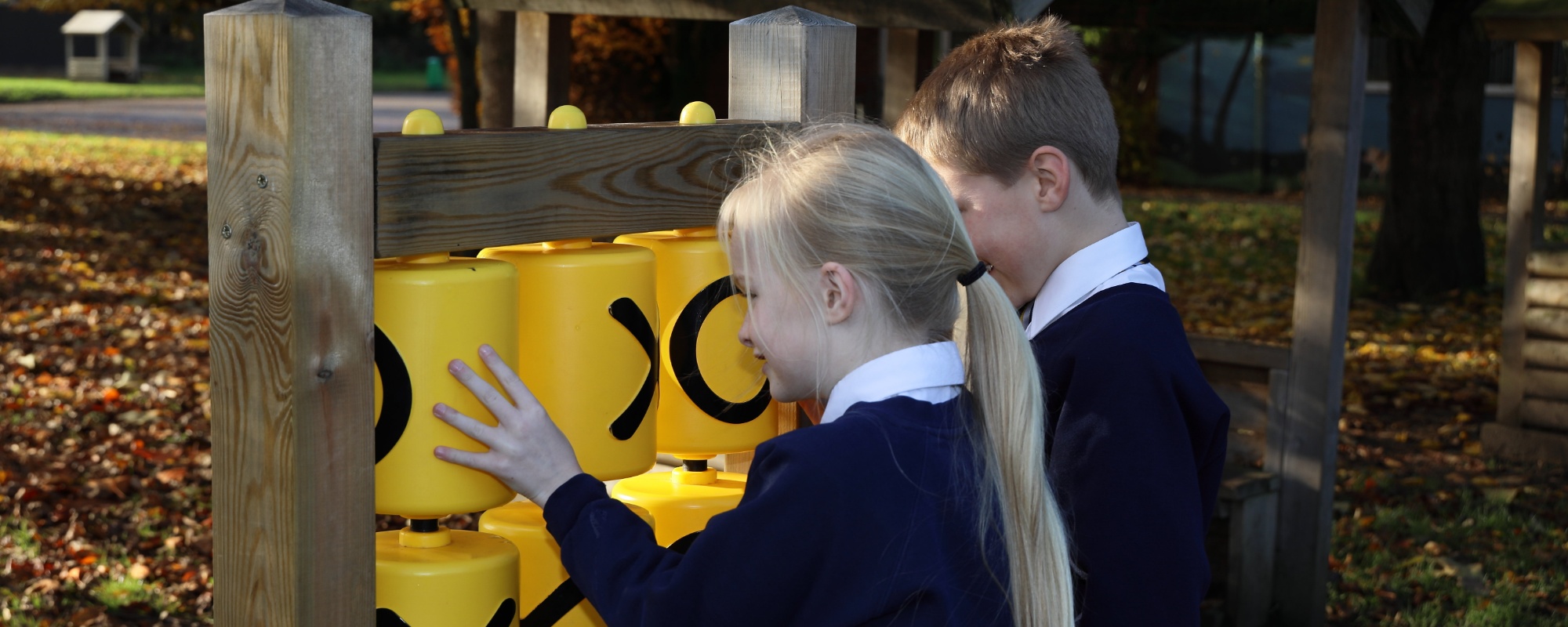Early Years
At Manorcroft we deliver a curriculum based on the framework for the Early Years Foundation Stage (EYFS). This describes the seven areas of learning and development which must be implemented. The framework covers children from 0-5 years.
Our aim at Manorcroft is to develop positive relationships with the children which in turn allows them to be strong, independent learners. We provide children with the opportunities to explore, be inquisitive, be investigative, take risks, manage challenges, be creative, and develop their social skills. We know that every child is unique, and we aim to support them in being resilient, capable, confident and self-assured. We have developed our EYFS curriculum and structured our learning environment in order to achieve this.
The seven areas of learning and development in EYFS are:
Prime Areas:
- Communication and Language
Listening, Attention and Understanding
Speaking
- Personal, Social and Emotional Development
Self-regulation
Managing Self
Building Relationships
- Physical Development
Gross Motor Skills
Fine Motor Skills
Specific Areas:
- Literacy
Comprehension
Word Reading
Writing
- Mathematics
Number
Numerical Patterns
- Understanding the World
Past and Present
People, Culture and Communities
The Natural World
- Expressive Arts and Design
Creating with Materials
Being Imaginative and Expressive
Our EYFS curriculum is structured into half-termly projects. We use Cornerstones as a tool to provide engaging, inspiring learning opportunities for the children. The teaching team then use high-quality books and texts to improve the children’s vocabulary and understanding of the world around them. Children are encouraged to talk about what they know and ask questions to find out more. Parents are provided with half-termly ‘Did you know?’ sheets to support discussions about their child’s project in school. Some areas of the curriculum follow discrete schemes and are taught separately from the half-termly project. For more information, see the various curriculum pages.
We provide a mixture of adult led, child led and child initiated learning opportunities both inside and in our outside classroom. We also make use of our extensive school grounds and the local area as part of our ongoing commitment to outdoor learning. This allows the children to learn different skills and techniques, practising and developing them in a structured, supportive way, before applying them independently and in other contexts. It also provides opportunities for the children to demonstrate the characteristics of effective learning which underpin learning and development across all areas, supporting the child to become an effective and motivated learner.
The characteristics of effective learning are:
Playing and exploring - engagement
- Finding out and exploring
- Playing with what they know
- Being willing to have a go
Active learning - motivation
- Being involved and concentrating
- Keeping trying
- Enjoying achieving what they set out to do
Creating and thinking critically - thinking
- Having their own ideas
- Making links
- Choosing to do things

